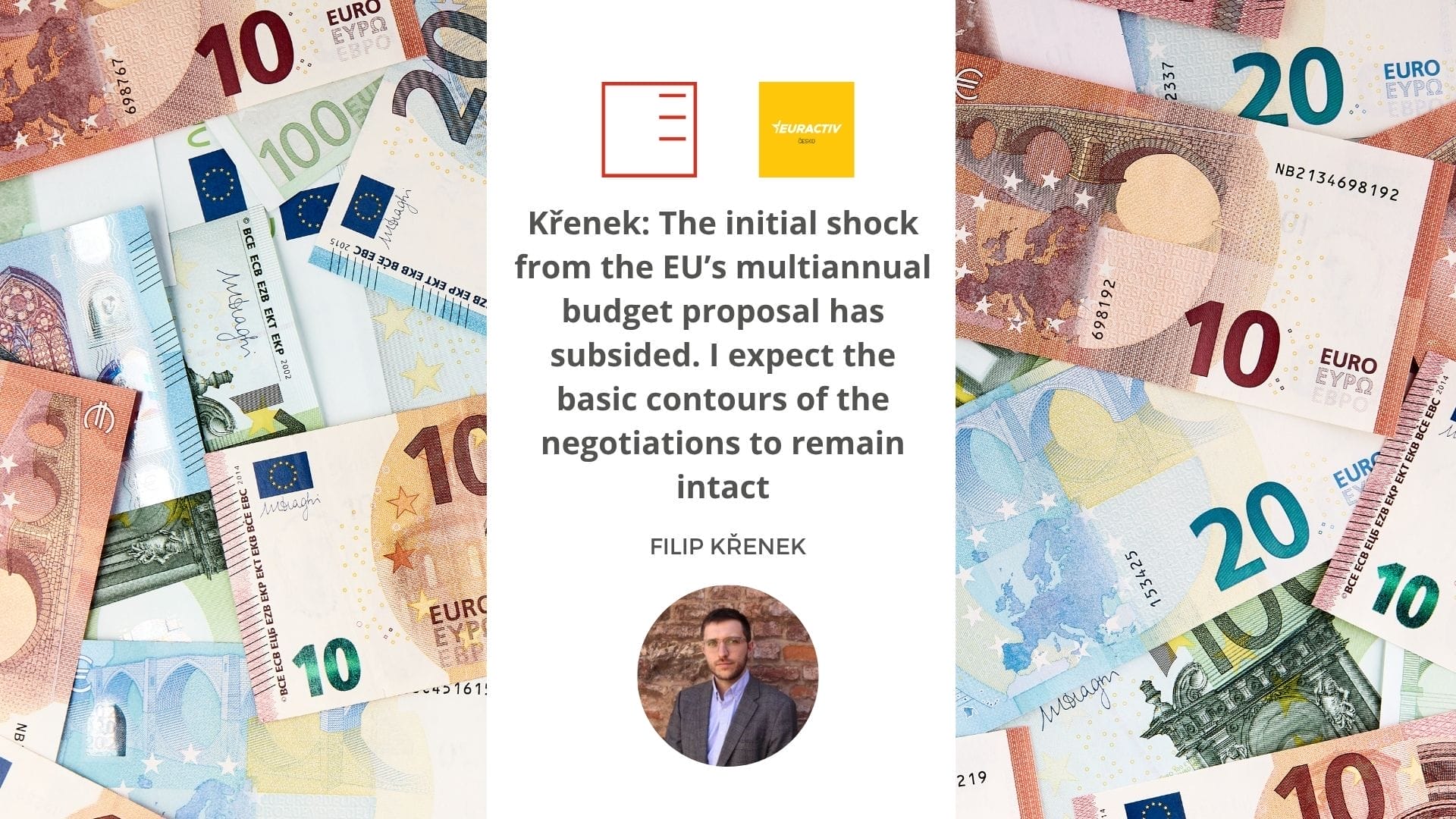Europe on Populism: Policies of intolerance should not be tolerated
Our Rachel Warren analyzes in her latest blog the rise of populist tendencies in European politics.
15. June 2018

- Since the advent of the financial crisis of 2008 and the migration crisis of 2015, populism and Euroscepticism has gained traction within the EU, particularly amongst the member states that joined the EU in its 2004 expansion.
- With this surge of populism, authoritarian state leaders have risen to challenge the foundations of the EU itself; liberal democracy.
- The European Union was founded on the principles of liberal democracy; the Copenhagen criteria assures that all members adhere to acceptable standards of democratic governance, human rights, market economies, and obligations to the EU.
The quest for national sovereignty is at the forefront of this debate. The sentiment that nations may be losing their identity has forged a path for the rise of populism.
As for Hungary and Poland, the issue seems to be more advanced and more radical. These nations are currently some of the largest beneficiaries in the EU. However, at their current state, they are acting like the problem child of the EU family.
In an effort to preserve the integrity of the European Union, measures must be taken against these harmful populist regimes. The disregard for liberal democracy, human principles, and the protection of human rights threatens the validity of the Union in Europe and internationally.
You can read the whole blog on EurActiv.




